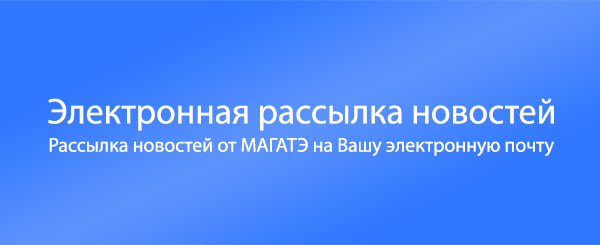Learning from accidents is a key activity that serves to continuously strengthen nuclear and radiation safety.
This is why the IAEA in late 2018 published a report on the medical management of a radiological accident which occurred in Chilca, Peru in 2012. The accident led to workers being injured due to radiation exposure and resulted in severe recurrent injuries for one of the workers.
The Radiological Accident in Chilca report highlights the importance of international cooperation in response and role the IAEA plays in coordinating the provision of assistance, on the request of a Member State. The report, one of a series of case-specific reports, gives a detailed account and analysis of the event and highlights the IAEA-facilitated international assistance. It includes lessons learned for competent authorities, regulatory bodies, first response organizations, facilities that use radioactive sources and a broad range of specialists, including medical specialists, physicists, emergency response planners, and radiation protection specialists.
The accident occurred when a radiography camera that was being used to check the integrity of pipeline joints malfunctioned, exposing the workers to radiation. Peru, a party to the Convention on Assistance in the Case of a Nuclear Accident or Radiological Emergency (Assistance Convention), requested IAEA support. One of the IAEA’s roles under the Assistance Convention is to, on request, coordinate assistance from Member States around the world to help other Member States cope with an accident. The Agency, using its Response and Assistance Network (RANET), facilitated the provision of support from Chile, France and the United States. The assistance provided included dose assessments and medical treatment.
The IAEA’s RANET enables Member States to register their capabilities to assist other countries in response to a nuclear or radiological incident or emergency. When assistance is requested, the IAEA can quickly facilitate appropriate support to mitigate the potential consequences of an emergency. To date, 34 IAEA Member States are registered with RANET.
“The Chilca report and the other IAEA accident reports collect lessons learned and disseminate them globally,” said Elena Buglova, Head of the IAEA’s Incident and Emergency Centre. “This helps further strengthen emergency preparedness and response to events that may happen in future.”






